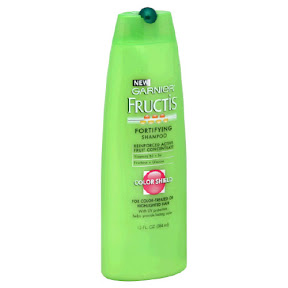 This is the third installment of the How to Land a Job as a Software Engineer series. Now that you've submitted your resume and completed your prescreening, you've been called in to interview.
This is the third installment of the How to Land a Job as a Software Engineer series. Now that you've submitted your resume and completed your prescreening, you've been called in to interview.It's a pretty safe bet that you'll have several interviews to go through including talking to someone in HR, some management folks, and some technical people too. I do the technical interview around here and there are some things I've noticed interviewees do that consistently irk me. Here are things you shouldn't do on a job interview (in no particular order):
- Don't tell me you don't need to answer my question. I've actually had several interviewees tell me that they don't need to answer my question because it's obvious that they know the answer. If I've asked you the question, it's because I want to know how you're going to answer it. Especially if it's obvious you have no idea WTF you're talking about.
- Don't bother going if you embellished on your resume or cheated on your prescreener. If you tell me you're a 7 out of 10 with SQL and you can't tell me the difference between an inner join and a left join, I'm not going to hire you. If you tell me you're a 3 out of 10, then you have a fighting chance.
- Don't ramble. I've only got so much time to talk with you. Most of the time, I enjoy interviewing and I enjoy the conversation, but I really do need to get back to work. Just answer the question I asked and move on.
Also, as a side note, when I was in graduate school, we talked a lot about interview techniques. The business oriented interviewers are likely to ask you questions like, "What's your biggest shortcoming?" or "Tell me about a time you had a conflict with a co-worker." These are cheesy questions and you're going to have a canned response, so you probably wonder why they even bother asking the question. Keep in mind that these folks have a lot of experience interviewing . . . much more than you do most likely. They ask the question because if you have a canned response, they can catch you off guard.
Here's the technique. I ask you a question, you give me the canned response, and I just look at you waiting for you to say more. In only seconds, the silence becomes deafening and you start talking again. Now, you're out of your comfort zone and you start telling the truth. The more I nod and keep my mouth shut, the more you confess. Moral of the story? Don't ramble. Just answer the question and then STFU. - Don't make things up. If you can't answer the question and you can't make an educated guess, don't just make something up assuming I won't know. I very seldom ask questions in an interview that I don't already know the answer to. If you make something up so that you don't have to say, "I don't know," I can almost guarantee that I'm going to know you're full of it.
- Don't say you don't know the answer to a question unless you're absolutely sure you know nothing about the topic. Most of the time, I'm trying to figure out where you are in your professional journey. I don't expect you to know everything. Chances are, if you can give me a starting point, I'll prompt you until you get the answer. I just want to get a feel for how well you understand programming concepts. If you simply say, "I don't know" then I have nowhere to start and you don't get partial credit.
For example, if I ask you the difference between an interface and an abstract class, and you say, "I have no idea" then I have to operate under the assumption that you indeed have no idea. If you say, "well, I know they both define contracts for classes" then instantly you have partial credit. Then I'll ask you, "why would you use them?" You say something remotely intelligent about why you'd want to do this and you have even more partial credit. I'll keep asking you questions until I'm convinced that I've given you as much credit as you can possibly get.
By the way, this doesn't contradict the previous item. If you make something up and present it like it's fact, I'll assume that you're making things up. If you look at me and say, "you know, I'm not sure, but it sounds like . . . " and then you make your best inference drown from past experience . . . even if you're way out in left field, you still get partial credit.

